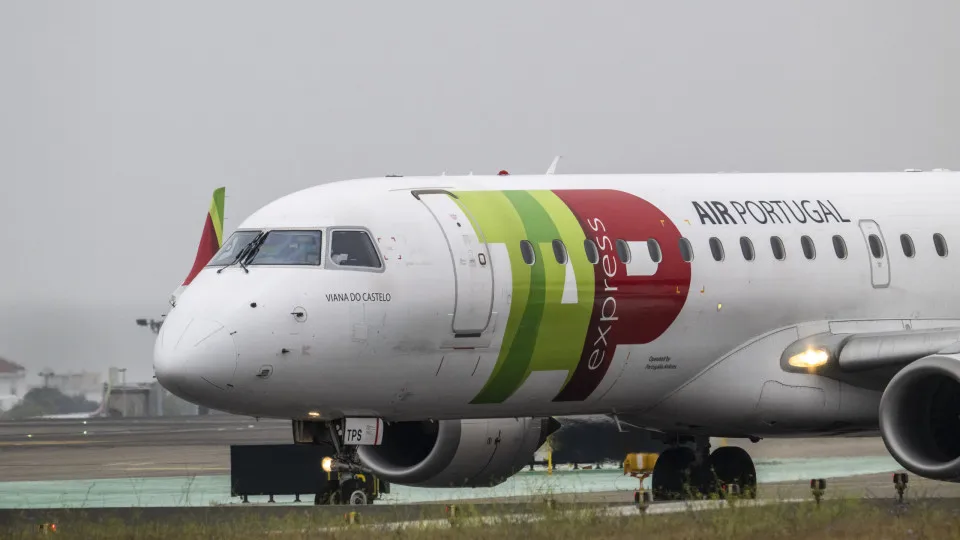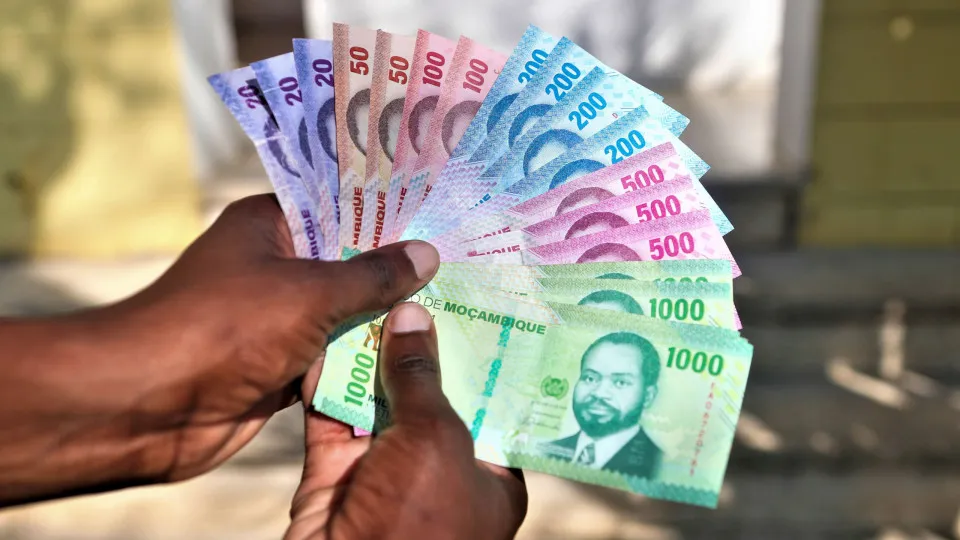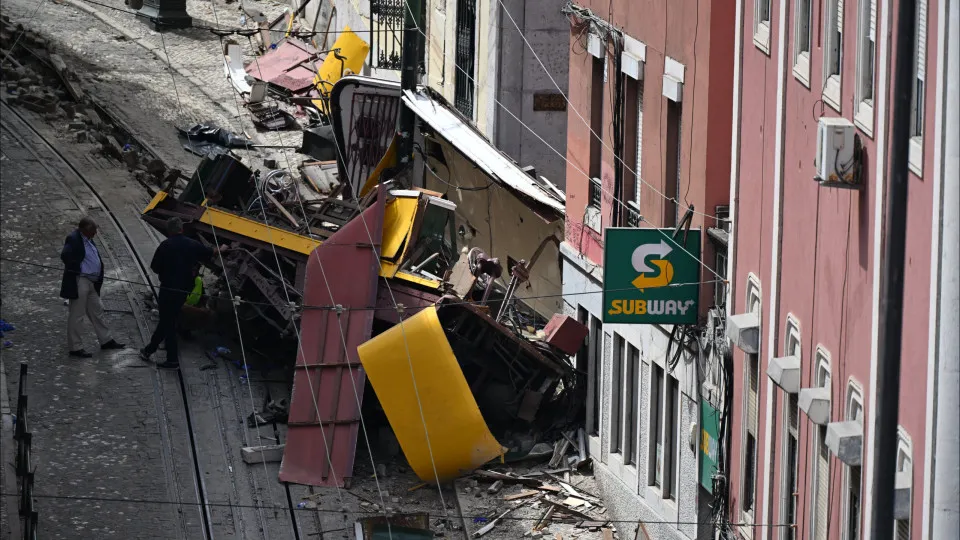
In a statement commenting on the recent airline results, the union noted, “TAP’s current management has shown notable inefficiency in operational planning, resulting in high supplementary labor costs.”
The SPAC criticized the management for failing to optimize processes, opting instead to create redundant departments, such as the newly established “Human Resources Strategy and Labor Relations Office,” which duplicates existing functions and increases administrative costs without tangible benefits.
TAP transitioned from a profit to a 70.7 million euro loss in the first half of this year, despite achieving a positive outcome of 37.5 million euros in the second quarter, as announced at the end of last month.
The SPAC highlighted “excessive spending,” compounded by the inherent cost of provisions to safeguard potential compensation payouts that may amount to hundreds of millions of euros due to past legal non-compliance.
Expressing deep concern over the management’s continued negative impact on the company’s results, the union emphasized that the primary issue does not lie in labor costs.
The union stated, “Portuguese pilots’ salaries, far from being a destabilizing factor, are aligned with, and often below, those of their European counterparts,” indicating that TAP’s real weakness lies in its revenue.
SPAC claims TAP’s performance is “constrained by ‘remedies’ imposed by the European Commission, a direct result of state intervention and the approved restructuring plan.”
Referring to unrestricted growth for groups like IAG, Lufthansa, or Air France-KLM, it added, “TAP finds itself artificially limited, making any comparison with these companies unjust and unacceptable.”
“It makes no sense to blame the pilots for problems created by political decisions and mismanagement. TAP needs an owner to invest in its growth, not more unnecessary offices. SPAC therefore demands greater transparency about management costs and an acceleration of the privatization process,” said SPAC President Helder Santinhos.
The SPAC reiterated that “privatization is the only way to ensure professional, responsible, and growth-oriented management for TAP.”




